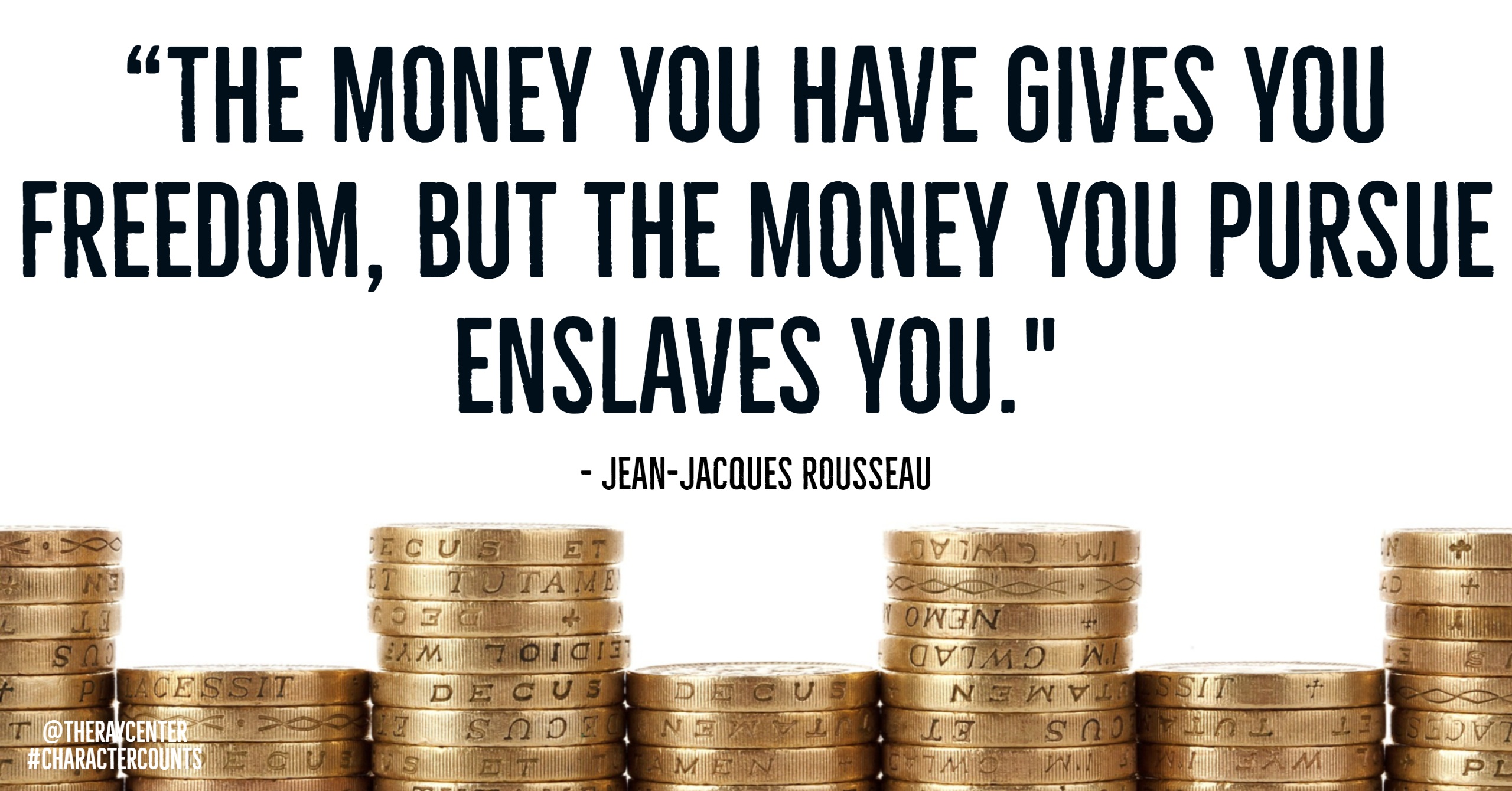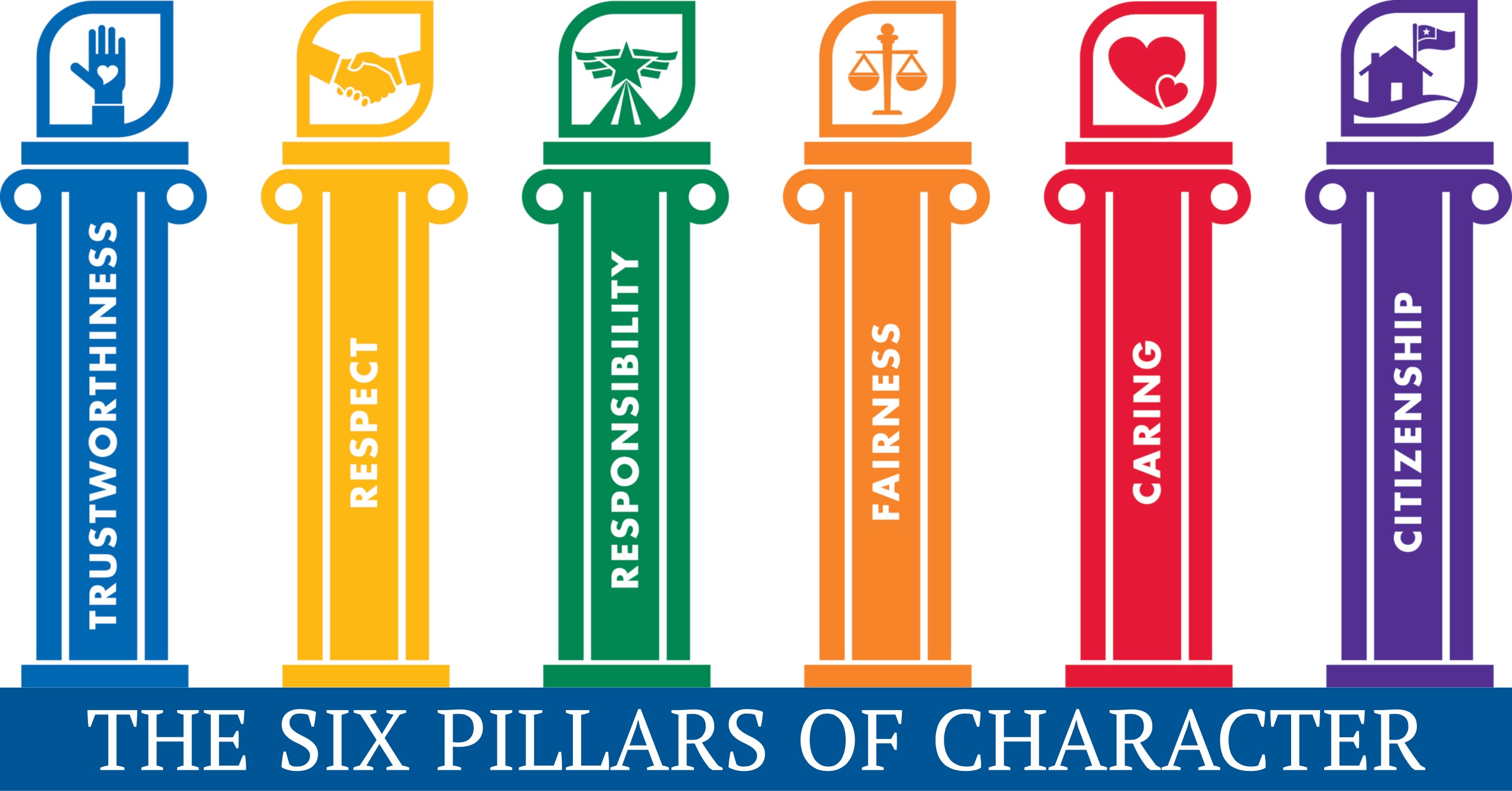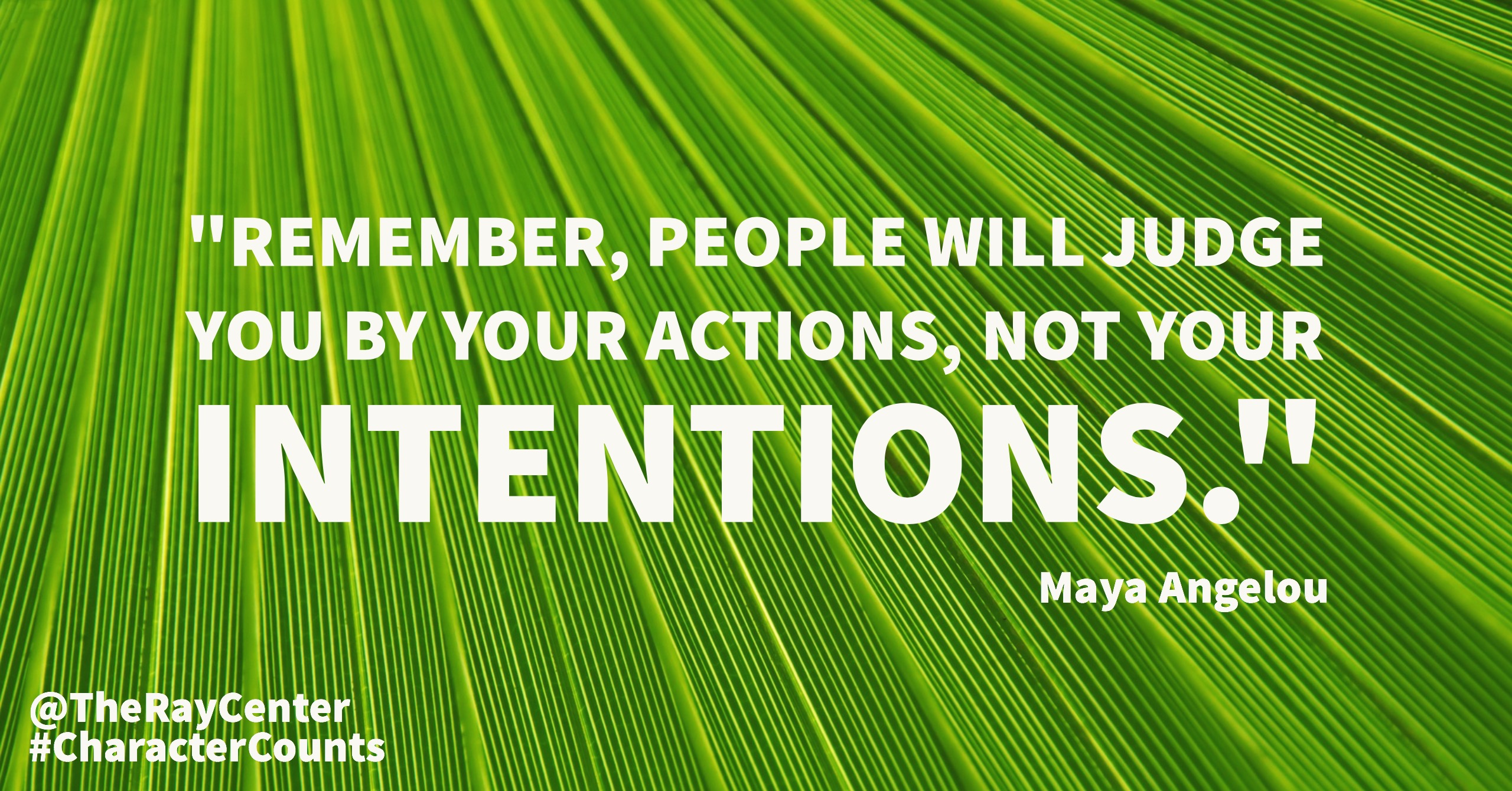Money is the icing, not the cake

From our guest contributor, Michael Josephson.
Despite the advice of preachers and philosophers warning us of the shortcomings of money, it’s hard to argue with Gertrude Stein’s observation: “I’ve been rich and I’ve been poor. Rich is better.”
Although money is better at reducing suffering caused by poverty and relieving anxiety caused by debt than it is at making us happy, it can buy lots of things that make us feel good and important.
But wealth is not a certain road to happiness. A poor person with good relationships is much more likely to be happy than a rich person with lousy ones. And people who earn moderate wages, but love their work, are much more likely to be happy than those who earn a lot but hate what they do.
It’s easy to expect too much from money. Rich people have different problems than the non-rich, but they do have problems. Many are related to wealth, including shallow relationships, spoiled children and continuous pressure from relatives and friends who expect a handout. Rich people, as a whole, are not more content or emotionally satisfied than others, and neither are their kids.
The problem is that people preoccupied with money are never satisfied. Often, their desires and debts grow faster than their means. The more they have, the more they think they need.
There’s nothing inherently wrong with material wealth or its pursuit, but there is a danger of paying too much to get it. As Rousseau said, “The money you have gives you freedom, but the money you pursue enslaves you.”
We shouldn’t disdain money, but we should put its value in perspective.
The moral: Focus first on forming deep and enduring relationships and finding work that makes you fulfilled. At best, money is the icing, not the cake.
Michael Josephson is an influential and internationally renowned champion of character education for youth and ethical conduct in business, government, policing, journalism, sports, healthcare and law. He is credited by many as the person most responsible for reviving and professionalizing the character education in school and youth-serving organizations. In 1992, under the auspices of the Josephson Institute he created CHARACTER COUNTS!, the world’s most widely implemented character development initiative based on a common language of shared values – the Six Pillars of Character) and Pursuing Victory With Honor (1996), a companion program promoting ethics in sports.





 One common bond that every person in the history of humankind shares is this – we all have mothers. Each of us came into this world with a mom. From that point forward there are many different pathways that are taken with the relationships we have with our moms – and in many cases, the women who love and nurture us regardless of our birthrights. I believe the world is a better place because of mothers, and we are better people when we have a person who loves us like a mom.
One common bond that every person in the history of humankind shares is this – we all have mothers. Each of us came into this world with a mom. From that point forward there are many different pathways that are taken with the relationships we have with our moms – and in many cases, the women who love and nurture us regardless of our birthrights. I believe the world is a better place because of mothers, and we are better people when we have a person who loves us like a mom.